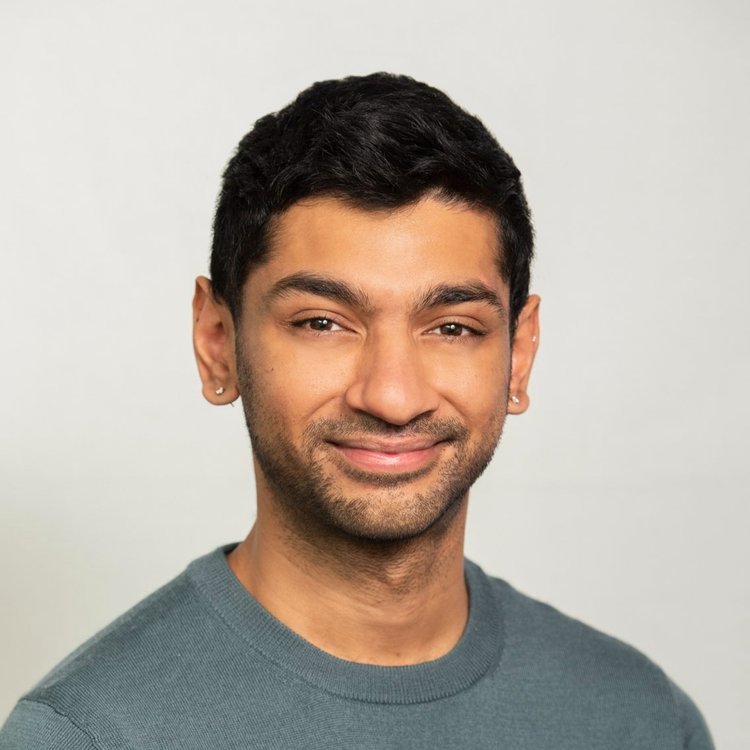The LGBTQ+ rights movement was launched by the Stonewall Uprisings of June 1969, when Black transgender women mobilized in a spontaneous, days-long protest against police brutality. Since then, advocates and activists have called attention to the intersection between demands for increased LGBTQ+ representation and broader social movements to address disparities in incarceration rates, poverty rates, and climate change impacts:
Police brutality and incarceration: Research conducted by the Prison Policy Initiative has shown that LGBTQ+ community members are overrepresented at every stage of the criminal detention system nationwide. According to a survey conducted by the New York City Anti-Violence Project in 2012, almost half of LGBTQ+ community members who have had an interaction with law enforcement in the past year experienced police misconduct (e.g., unjustified arrest, use of excessive force, and entrapment). Data suggest that disabled members of the LGBTQ+ community experience heightened rates of incarceration, as do BIPOC LGBTQ+ individuals.
Homelessness: A study conducted by the Williams Institute at UCLA School of Law in 2020 found that LGBTQ+ community members are twice as likely to have experienced homelessness at some point in their lives compared to the non-LGBTQ+ population. Black transgender individuals have a staggering 41 percent chance of experiencing homelessness at some point in their lives.
Poverty rates and average earnings: The Williams Institute has also found that members of the LGBTQ+ community are 40 percent more likely to experience poverty, relative to their non-LGBTQ+ counterparts. Moreover, according to the Human Rights Campaign, LGBTQ+ community members earn 10 percent less than the average U.S. worker (based on median weekly wage data). Transgender adults are disproportionately burdened by poverty and unemployment, as are Black members of the LGBTQ+ community.
Access to health insurance and poor health outcomes: A 2017 study published by Harvard University found that LGBTQ+ adults are twice as likely to be uninsured than non-LGBTQ+ adults. The prevailing system of employer-sponsored health insurance limits healthcare access for LGBTQ+ individuals, who are twice as likely to be unemployed than non-LGBTQ+ adults. The study also found that LGBTQ+ adults were more likely to suffer from chronic and mental health conditions, and discrimination in medical settings. Disabled transgender adults experience even worse health outcomes compared to other members of the LGBTQ+ community.
Climate change impacts: In 2020, the Federal Emergency Management Agency (FEMA) noted that LGBTQ+ community members were "at the highest risk" for climate disaster impacts due to the increased likelihood of being isolated, unhoused, and/or mistreated in emergency shelters compared to non-LGBTQ+ community members.
Socioeconomic burdens fall disproportionately on the LGBTQ+ community compared to non-LGBTQ+-identifying adults. On the flipside, universal interventions that extend the rights of shelter, healthcare, and a livable wage to everyone have the potential to afford the largest benefits to the LGBTQ+ community. For instance, the Williams Institute at the UCLA School of Law found in 2019 that a proposed federal minimum wage increase to $15 per hour would raise wages for nearly 1.5 million LGBTQ+ adults across the United States. An added benefit of such proposals, in contrast to more targeted initiatives, is that universal policy initiatives do not require self-identification and the risks that it entails, thus offering identity protections to members of the LGBTQ+ community. While pro-LGBTQ+ policies include and begin with gender equality protections, broader policy demands for universal housing, healthcare, livable wages, an end to violent policing and incarceration, and a habitable planet strengthen the movement for LGBTQ+ equality while also improving living conditions for millions of other U.S. residents.
Sachin Peddada
Assistant Researcher
Tanya Stasio, PhD
Researcher
This is a part of the AEC Blog series



